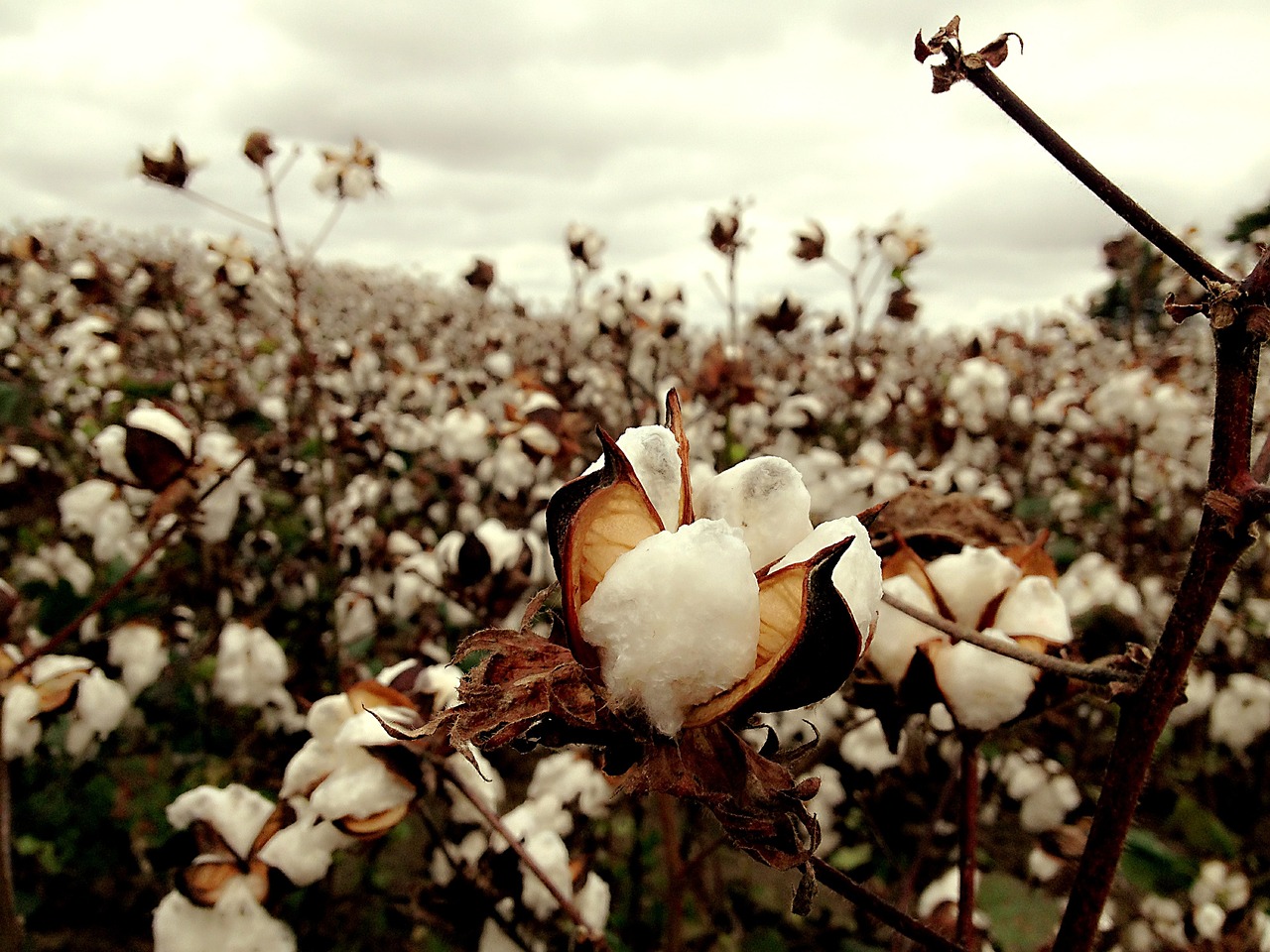Growers are reluctant to sell their products at the current pricing as farmgate prices for arabica coffee have dropped by a fifth over the past two months. Growers are currently harvesting the premium and mild types in important producing regions of Karnataka, the State with the highest production, adding to their troubles as a result of the most recent price fall. In the first week of October, farmgate prices for 50 kg bags of Arabica parchment were over ₹16,000; now, they are roughly ₹13,000. Similar to how the price of almonds dropped from ₹9,100-₹9,400 to ₹6,400-₹6,700 today. There has been a price drop for robustas as well.
Currently, the price of Robusta parchment per 50-kilogram bag is between ₹8,250-₹8,500, down from between ₹9,750-₹10,000 in October. The price of a 50 kg bag of robusta cherries is currently around ₹4,150-₹4,250, compared to ₹4,700 -₹5,000 in October.”Growers who sold at over $16,00017,000 will not sell for $13,000,” Bose Mandanna, an arabica producer in Suntikoppa, Kodagu, stated, “I don’t think anyone will sell right now unless they are in desperate need of money. Furthermore, he added, “exporters are not active and are not offering anything.”
The price decline is mostly influenced by developments in world prices. Prices for arabica on the New York terminal reached a high of $2.5 per pound before falling to $1.53 per pound and then rising to $1.65–$1.7 levels. Mandanna claimed that so far, 25% of the arabica crop had been harvested. The rate of the harvest was slower than anticipated because uneven fruit ripening results from late rain slowing the drying process, he said.
The current economic scenario in the US and Europe, according to Ramesh Rajah, President of the Coffee Exporters Association, is slowing down demand for arabicas while boosting demand for robusta cherry. “Growers are a little reluctant to sell because prices have decreased. On recovery, they are counting. The warehouses are receiving a lot of coffee, but it is not being sold. As the quoted prices are significantly lower, growers have great expectations. According to Rajah, there is some reluctance to sell.

